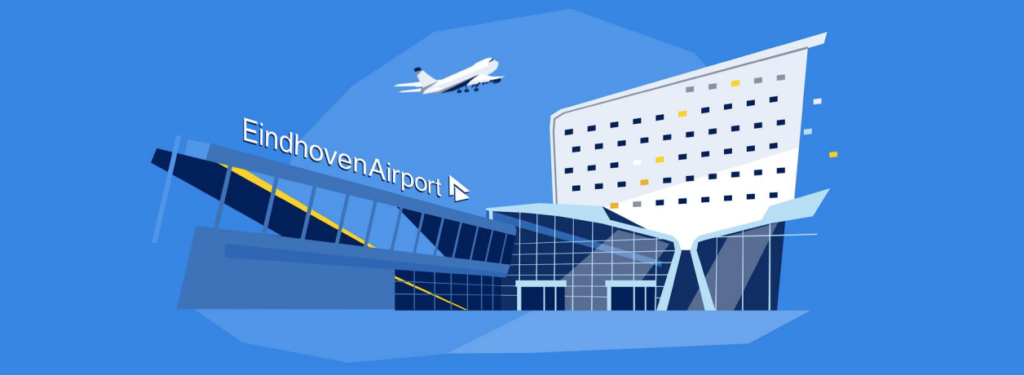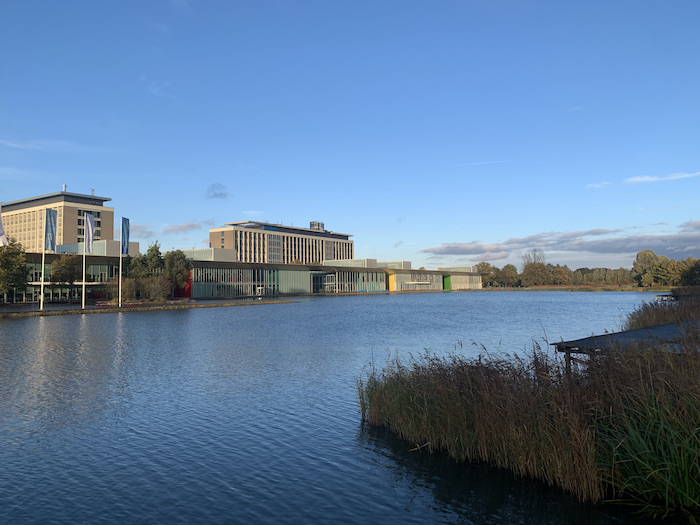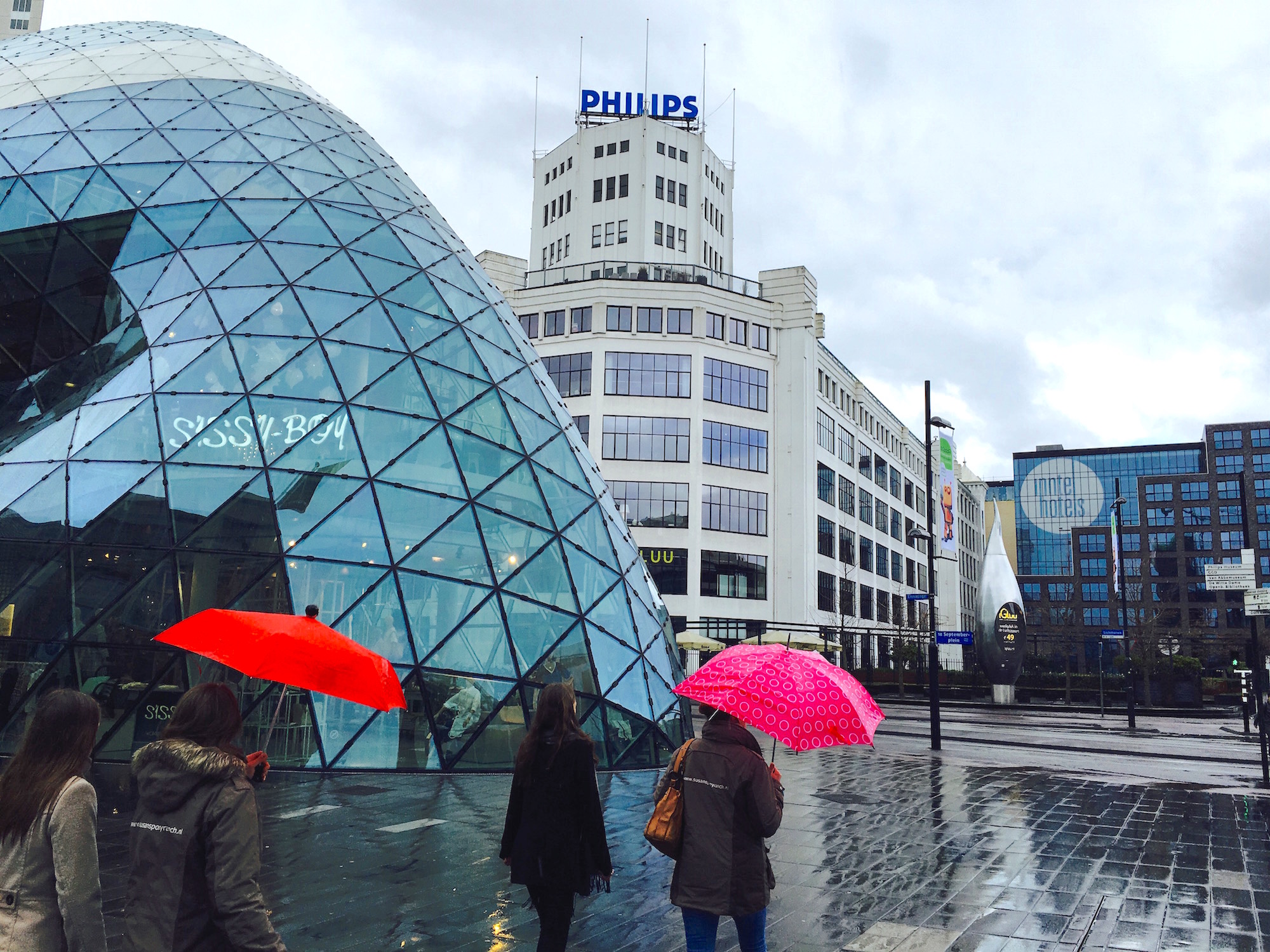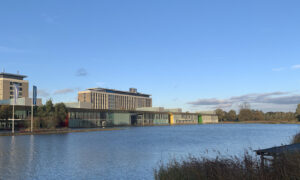(Editor’s note: The Eindhoven Business briefing is part of our Tech Tuesdays series. Dispatches covers tech because so many of our highly skilled internationals are engineers and entrepreneurs.)
How did Philips fall so far?
Philips is one of the most enigmatic companies in the world. Based in Eindhoven until 1998, the electronics giant once ruled consumer tech, co-developing the CD with Sony, and invented the home video cassette recorder and the laser disc. In the 1980s, it spun out two of the most important semiconductor companies in the world, ASML and NXP.
But somewhere along the line, its corporate leadership lost the thread.
Independent investigative news organization ProPublica and the Pittsburgh Post-Gazette have collaborated to produce a searing mini-documentary, “With Every Breath.”
The controversy stems from Philips’ DreamStation, a continuous positive airway pressure (CPAP) device that uses continuous air pressure to keep breathing airways open, allowing patients with respiratory issues or sleep apnea to breathe.
The documentary explores the discovery that an industrial foam used to reduce noise could release toxic particles and fumes into the masks worn by patients, information Philips management at the U.S. headquarters in Pittsburgh tried to keep covered up, according to the documentary and accompanying reporting.
From the post:
In statements, the industry giant said it acted as soon as it learned of the “potential significance” of the problem and that the machines are unlikely to cause harm. But an investigation by ProPublica and the Post-Gazette revealed a different story. Over the course of more than a decade, Philips held back from the government thousands of complaints about the machines as stock prices soared. Again and again, previously undisclosed records and interviews with company insiders show Philips suppressed mounting evidence that its profitable breathing machines threatened the health of the people relying on them, in some cases to stay alive.
An ongoing class action suit claims people who used the devices developed cancer, lung problems or other injuries due to the disintegrating foam. On 8 September, Philips Respironics agreed to a partial $479 million settlement.
On 22 December, Philips released this statement saying, essentially, “sorry … we fixed it.”
Incredibly, ProPublica and the Post-Gazette just released another investigation on 28 December alleging the DreamStation 2 meant to fix the problem also has issues that endanger patients.
As of December 2023, there were 754 pending CPAP recall lawsuits. As you might expect, Philips’ share price has been dinged by the legal issues and bad pub.
The $479 million settlement is pocket change to Philips, where the 2022 top-line revenue was about 18 billion euros. But continuing problems and a declining share price could make Philips a candidate for a hostile takeover. The DreamStation recall erased about two-thirds of Philips’ capitalization. The stock peaked in 2020 at about 51 euros per share, then tanked in 2020 at about 13 euros. Philips shares have trended up since then to 21 euros per share on 29 December.
The faltering stock set off a weird sequence of events that began with Philips announcing workforce cuts of up to 10,000 people world-wide by 2025. In August, Amsterdam-based Italian investment fund Exor, led by a Fiat heir, decided that despite its problems, Philips still had value and acquired a 15-percent stake, which helped boost the share price.
For us, the bigger question is, “Without Philips spinning out companies, what would happen to Eindhoven?” Philips may have moved its corporate headquarters to Amsterdam in 1997, but Philips still defines Eindhoven from the repurposed factories of Strijp-S to the current R&D operations on High Tech Campus, once Philips’ gated research park, to the medical campus in Best.
Moreover, the Philips model of developing advanced technology, building teams around it, then launching it into the wild has – so far – proven far more efficient than traditional startups.
We recently interviewed Pim Tuyls, who leads Eindhoven-based Intrinsic ID, one of the latest Philips spinouts. Philips even connects to the world’s largest chipmaker, TSMC, because founder Morris Chang talked Philips executives into investing in the company and allowing him to use Philips fabs in the early days. We’re always shocked to find out people here have no idea that Tony Fadell, the genius behind Apple’s iPod and the iPhone, was once Philips’ CTO.
As we enter 2024, the thought of a key Dutch company – the company responsible for Eindhoven becoming the No. 1 tech center in Europe – being acquired by the Germans or, worse, the Americans, is sobering.

No-fly zone
Continuing on the theme of things that make us crazy, Eindhoven Airport wants to ban biz jets starting in 2026. No, really. This in a city blessed with multiple global companies such as ASML where CEOs and other C-suite executives have a legitimate need for instant travel options to Asia and the U.S.
We get it … Gulfstream 650s and Bombardier Global Expresses – beautiful and seductive as they are – pollute. But that pollution is negligible compared to cars and coal-burning power plants. Biz jets are essential to innovative companies that will boost economies and help us fund the future of energy.
OR, Eindhoven could just go ahead and evict its multinationals and direct them to Paris or Frankfurt where policymakers and activists aren’t so righteous.

Jobs
We’ve been remiss in not having a careers post for awhile. So, we’re posting a curated list of job openings for English speakers at High Tech Campus Eindhoven, home to nearly 300 companies and more than 12,500 employees. This post is courtesy of the campus.
Below are just a few of the many jobs open at companies at HTCE. You can see all the jobs posted here on the Jobs page. To apply, click the link to the individual position.
• Salvia BioElectronics, Head of Operations
In this role, you will oversee Salvia’s supply chain management, manufacturing operations, logistics
and distribution and facilities management.
• SMART Photonics, Product Manager
As Product Manager at SMART Photonics, you are the interface between our Customers, SMART’s R&D- and Engineering teams as well as other industrial partners. Your job is to understand our customers’ application and market’s needs as well as their product roadmaps.
• imec, Scientific Director Health Technology
In this new role, you will conduct and initiate research for Autonomous Therapeutic implants, Artificial Organs and Bio-Electronic systems, with a focus on defining and leveraging advanced technology for future (implanted) medical applications.
• Intrinsic ID, Embedded Software Engineer
As a software engineer, you will work closely with other embedded software engineers to support the development of software security modules for Intrinsic ID’s embedded security solutions.
• VitalFluid B.V., Prototyping Engineer
As a prototyping engineer you will work in the R&D team together with our expert engineers in the field of plasma, electricity, physics, chemistry and software.
Quick hits:
Technical University of Eindhoven is the only Dutch university on Dealrooom’s Top 20 European universities ranked by the value of their deep tech spin-outs. TU/e is in ninth spot, according to the 2023 Dealroom European Deep Tech Report. As a region Eindhoven ranks No. 11 in Europe.














